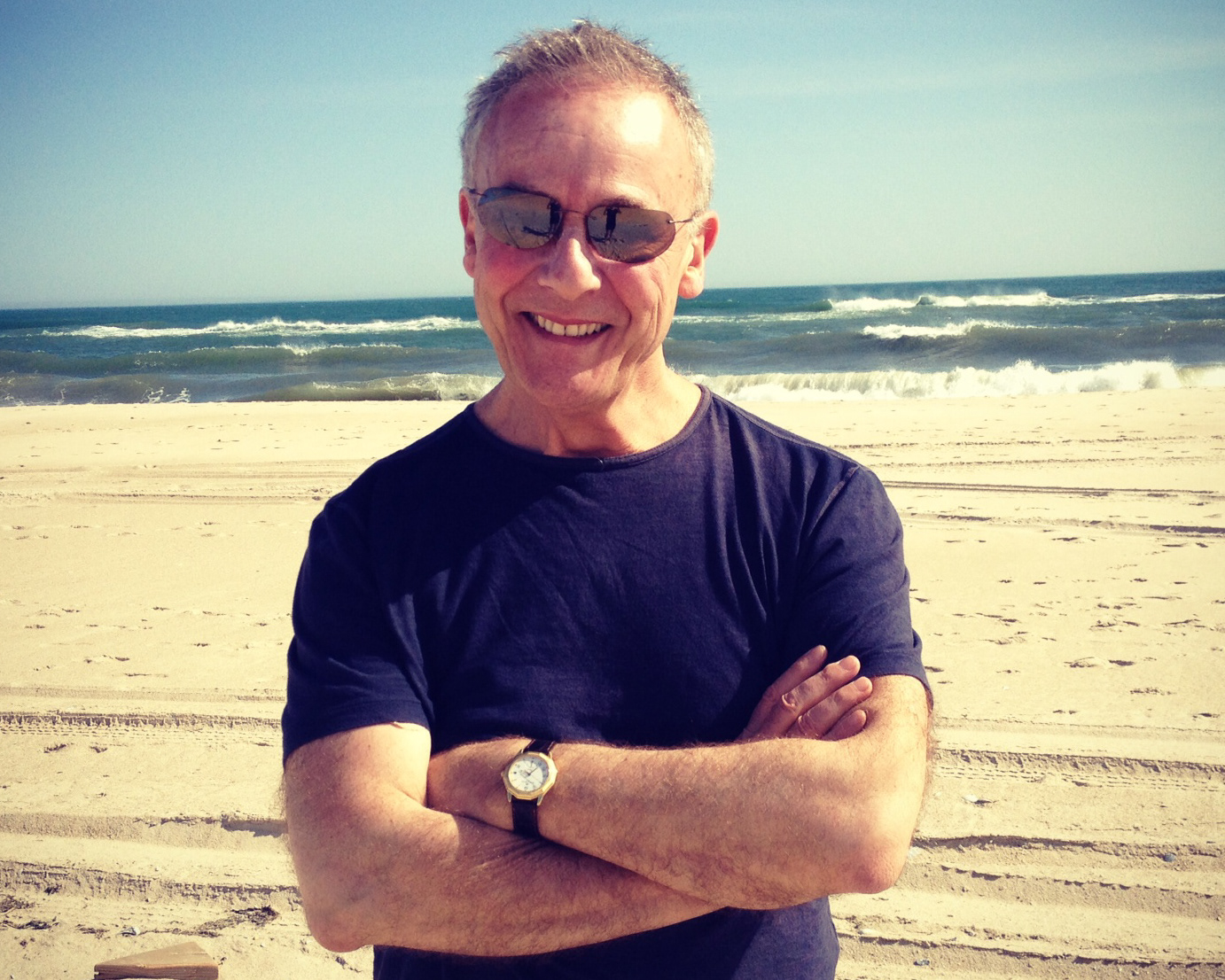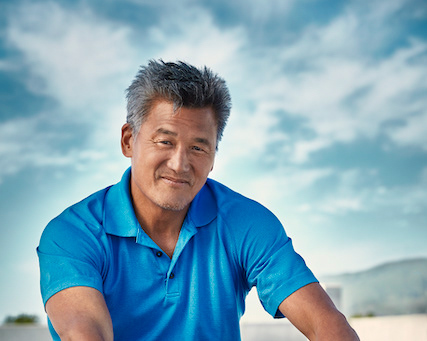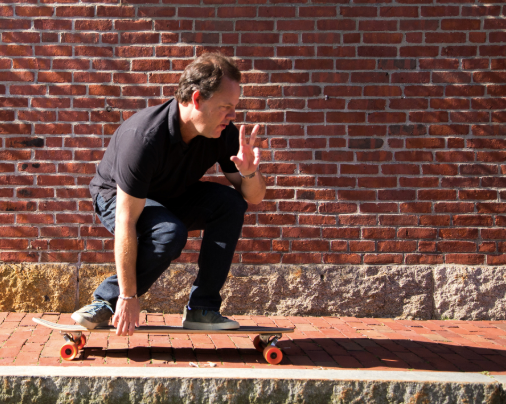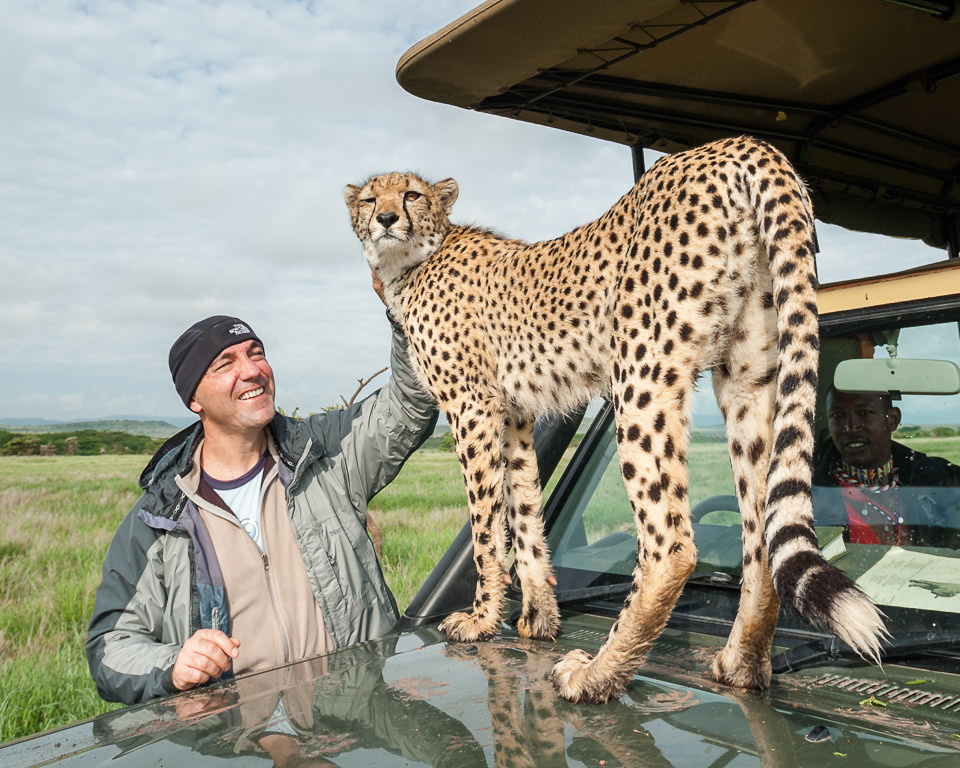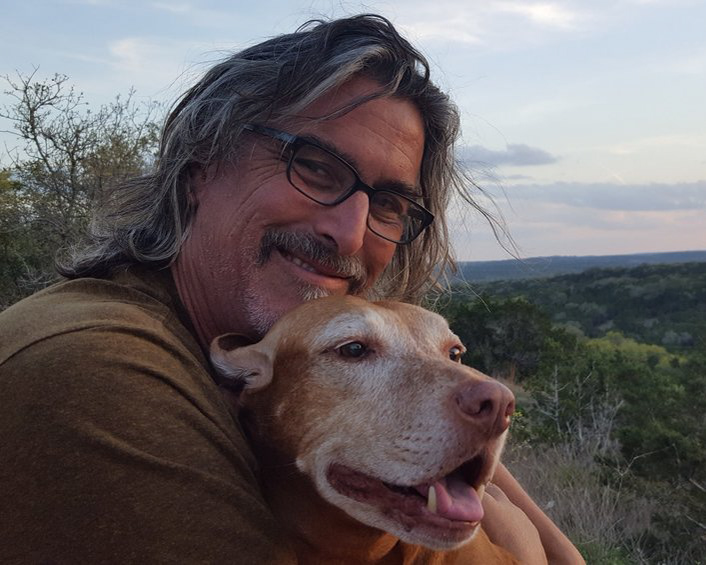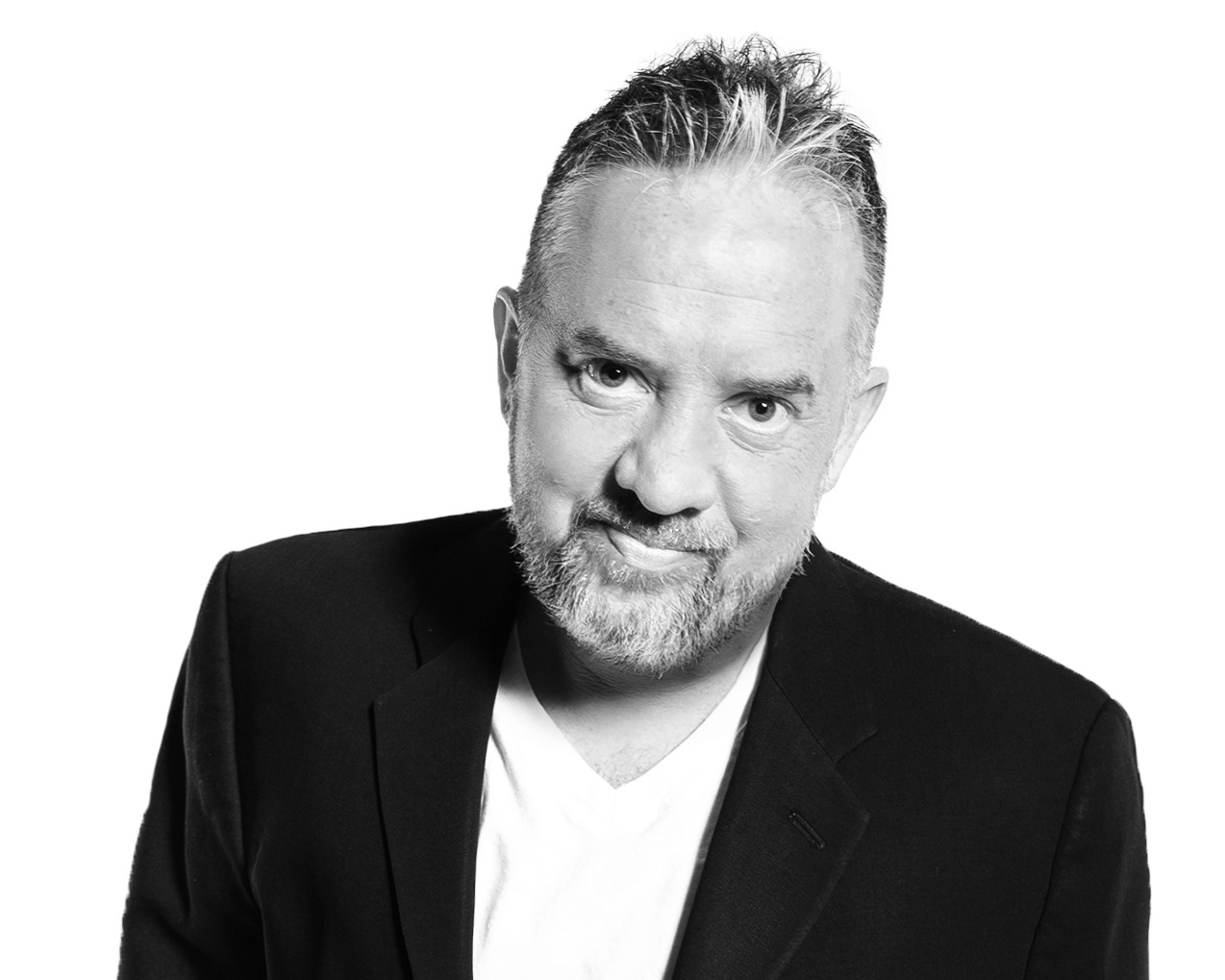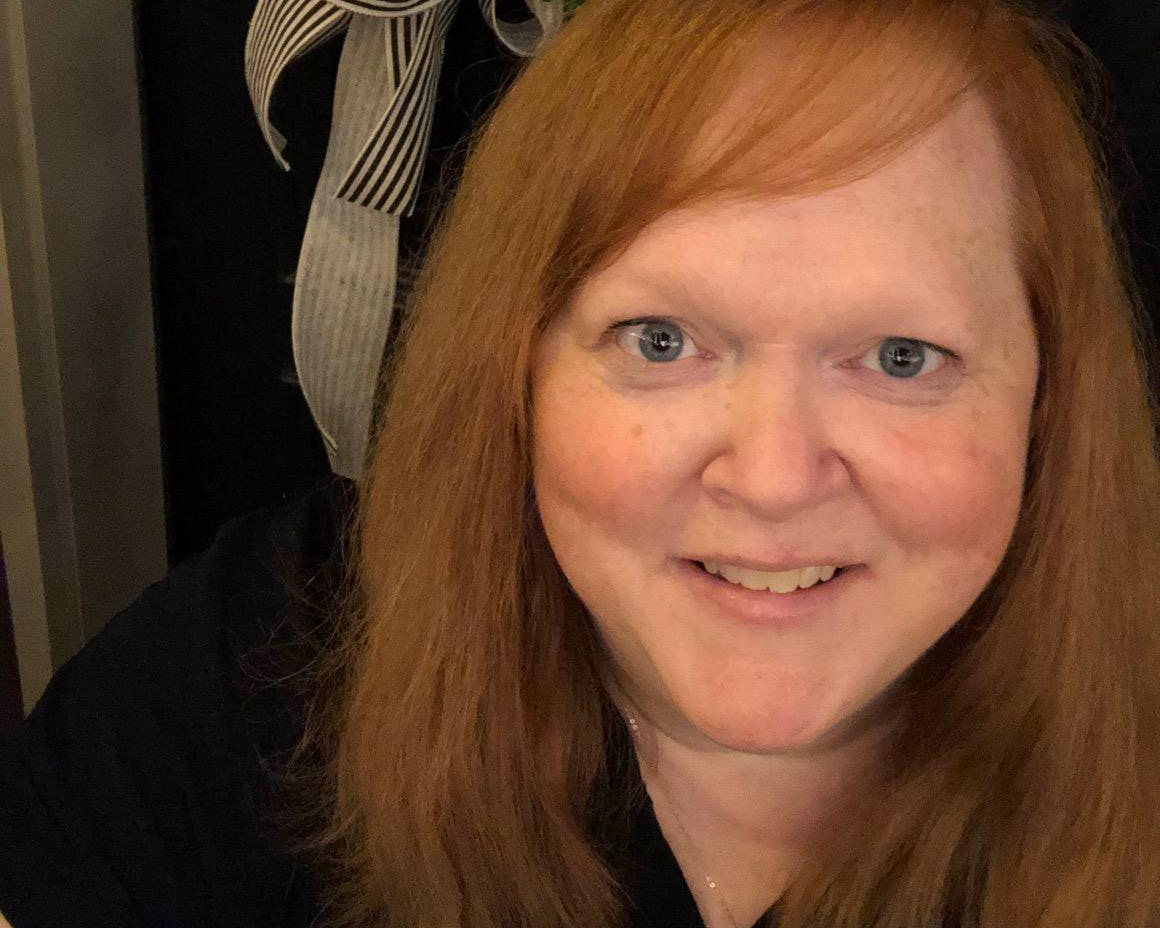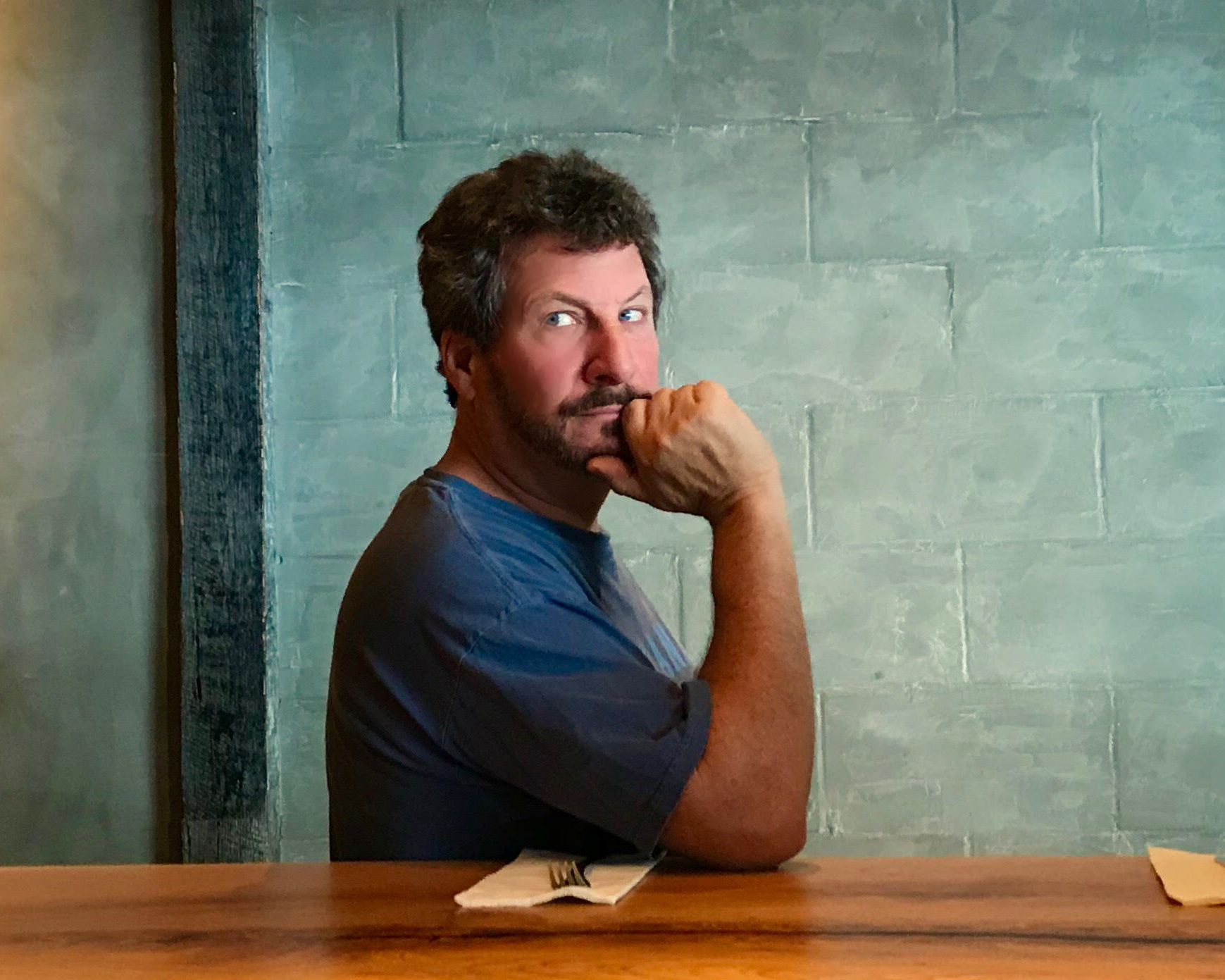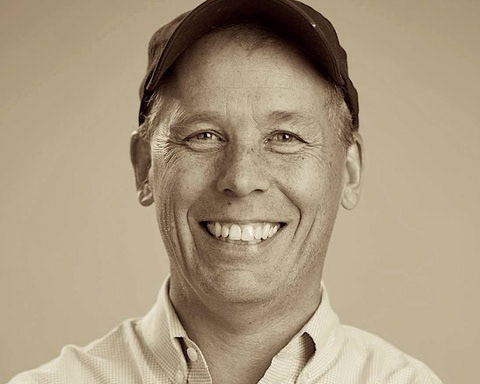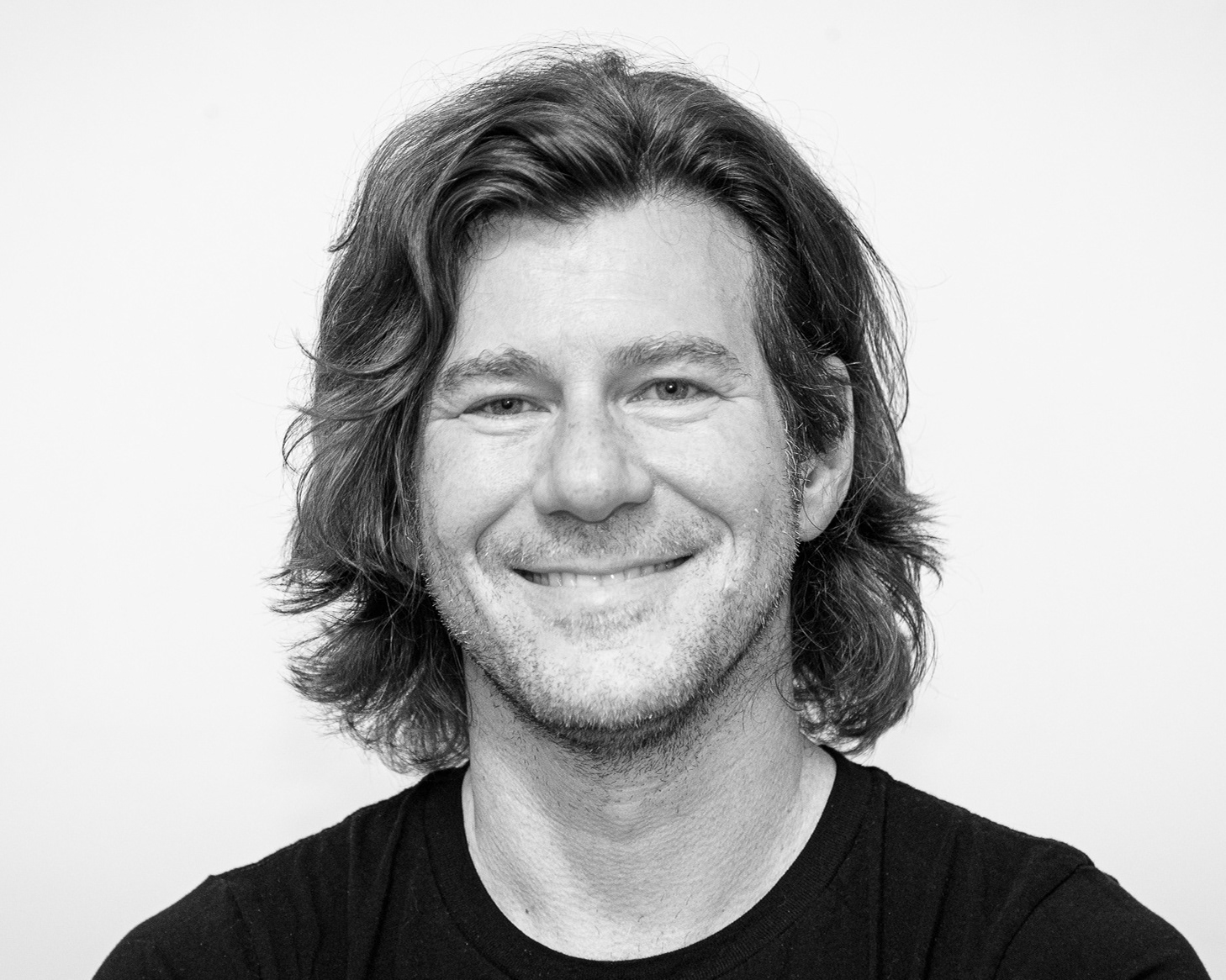Read anything Jane Evans has written online (including this interview) and you’ll finish it feeling a powerful mixture of anger, empathy, inspiration, empowerment and fuck yeah. A self-described radical her entire life, Jane is credited with a number of firsts: the first ad to ever show a divorced couple; the first to show a couple living together and men doing housework effectively. She also created James Squire, Australia’s first craft beer and the Tim Tam genie campaign that still runs after 25 years. When agency leaders (ie, men) got in the way of her career path, she opened her first business (in 1995) with clients like Revlon, Maserati, Guide Dogs and too many breweries to count.
She now runs the Uninvisibility Project, which is part-advertising agency, part-activist organization, part-think tank, to communicate to and represent the most powerful consumer group on the planet - women over 50. The project is designed to create a new vision for the second half of life. And let us be far from the first to say, we are insanely inspired.
Is ageism in the industry something you thought about in your 30s? Your 40s?
I have always experienced ageism in my career. I was twenty when I got my first job. Ten years later I was ‘too young’ to become a creative director when older men with less experience were being promoted above me.
Then I hit my 30s and went from being edgy and cool to ‘difficult’. Lots of women do. Probably because we go from joking with the boys to saying what we really think. And then of course, there’s the baby question. Whether I was going to procreate or not, as soon as they heard that biological clock ticking, my career progression was put on hold. And in the mid-nineties, misogyny was rife. At 35 I was taken out to lunch by a leading headhunter and told, “The boys are determined there will never be a female creative director in Sydney.” I had to start up my own agency to give myself the title I had promised myself I’d have by the time I was 35.
"I hit my 30s and went from being edgy and cool to ‘difficult’. Lots of women do. Probably because we go from joking with the boys to saying what we really think. And then of course, there’s the baby question."
Is ageism something that’s affected you? What are some of the challenges you faced as a person who was getting older in the business? Do tell.
When the 3% conference started to get traction in 2015, I genuinely thought the industry was sincere when it claimed to want more female creative leadership. I very loudly stuck my hand up. I was completely ignored. It turned out the industry doesn’t understand diversity (quelle surprise!). Yes, they want people who look different. But the work must be exactly the same – as these ‘notes’ on my portfolio from an ECD perfectly illustrate:
“He was excited about your 50-something female awesomeness. But there's not enough super-current, big-thinking, innovation-centric, high-level conceptual, tech-friendly work.”
Whatever that means.
Tell us about your own creative journey. What are your thoughts on where you are now, compared to your mindset when you were in the beginning of your career?
I don’t think I will ever forget the day my menopause finished. I woke up after my first sleep in years with the covers on all night and thought, “Now I know how David Droga felt at 22”. Seriously, you don’t know what you’ve got till it’s gone. Without all those baby-making chemicals running through my body, the creative energy that used to go to my womb changed direction and headed straight for my brain.
Better still, I got what only can be described as my ‘couldn’t give a fuckery’. The absolute best thing about coming into your biological peak with a shit ton of experience is I have absolutely no imposter syndrome whatsoever. I know my shit. And if the ad industry can’t see the disruptive power of employing a gobby older woman, then I’ll profit from my voice myself.
"If the ad industry can’t see the disruptive power of employing a gobby older woman, then I’ll profit from my voice myself."
Did the reality of the ad industry contribute to the decisions you’ve made/the path you’ve taken?
When a whole industry ignores their biggest consumer group because we’re not ‘sexy’ enough (except for Jane Fonda, 81 and Helen Mirren, 73). When ECDs pride themselves on their ‘innovation-centric, tech-friendly work’ with their ‘diverse’ creative departments swarming with pretty, middle-class, white girls. That leaves a pretty big gap in the market for some ‘evocative, empathetic and effective communication’ to the most powerful consumer group on the planet.
Add the fact that clients are slavishly appealing to the under 19 market with zero respect for the women who actually pay for their stuff.
There’s a revolution to be had.
The Uninvisibility Project was built out of my frustration with agencies and marketers. I figured if 86% of women over 50 were miffed at being excluded and invisible, it was time someone started showing up for us.
"I figured if 86% of women over 50 were miffed at being excluded and invisible, it was time someone started showing up for us."
What do you feel creative people over 50 can offer over someone 20 years their junior? Things that are unappreciated, or just plain overlooked?
I can’t speak for the blokes. But the most important thing a highly-experienced female creative must be is VISIBLE! 88% of young women in creative departments say they have no role models to aspire to. If agencies won’t employ us to make the ads, they should employ us to make the women who will be the future of the industry.
What is your advice to people who are nearing or over 40 in the ad industry?
It’s a marathon not a sprint. It is fucking cruel that the current sweetspot for an ad career is 35 – the absolute worst time in a woman’s life to try and give 100% to your job. Now we’re going to live till we’re a hundred no one’s getting out of here at 55 (except the fat cats who escape to their yachts). So relax, don’t make life decisions for fear of losing out to the patriarchy’s outdated career timeline and look forward to getting older.
Seriously, you have no idea. And please don’t try and agesplain to us. As my grandmother always said, “I’ve been your age, you’ve never been mine.” We are not in competition with you and we are certainly not after your jobs. But you have no idea what we have experienced. We were the first women who came into the industry with equal rights. We fought for things you take for granted like maternity leave and sexual harassment legislation. Now we’re fighting for the right to a long and satisfying career. And yes, we’re fighting for you too.
"As my grandmother always said, “I’ve been your age, you’ve never been mine.” We are not in competition with you and we are certainly not after your jobs. But you have no idea what we have experienced."
How are you approaching the next 10 years? What does your future hold?
I started the Uninvisibility Project in March as a sort of ‘Humans of New York’ for invisible women. But it soon turned out that we weren’t actually building an audience – we were recruiting an army. Especially on the ground. Over the last three months I have met some of the most incredible business and thought leaders and we are collaborating on some very exciting projects – none of which I can tell you about yet. But watch this space.
What do you see as potential solutions for ageism in the industry? Any thoughts on possibly unionizing?
I don’t believe in unionising. I believe in the power of the consumer and new agency and media models that fetishise experience.
What are some positive things you’ve experienced as you’ve grown older in the business?
Seriously, I have put up with so much shit, I really don’t think there is anything the business can throw at me that I can’t handle. But please don’t take that as a challenge!
Who do you look to for inspiration?
My mentor has never changed. I grew up living next door to Verna Wilkins who started Britain’s first fully-diverse publishing house. Tamarind Publishing’s books became part of the national curriculum, making generations of multi-cultural kids uninvisible in literature.
I watched her change the world from her kitchen table. Now I’m going to teach the wise women of the world how to change it from theirs too.

